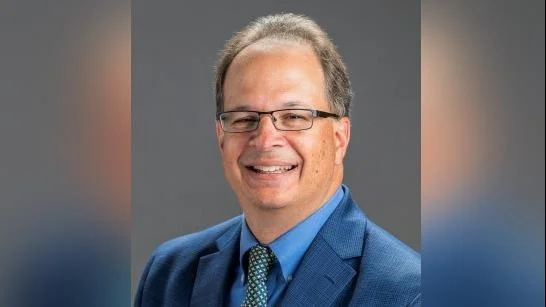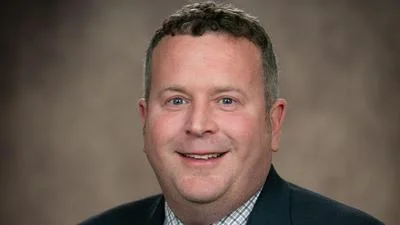Paul Arco Media Relations Coordinato | OSF HealthCare, Featured Stories, IL
Paul Arco Media Relations Coordinato | OSF HealthCare, Featured Stories, IL
Doctors at OSF HealthCare are advising people who experience frequent dizziness or fainting not to ignore these symptoms, as they could signal underlying heart problems requiring immediate attention.
Dr. Alvise Bernabei, a cardiothoracic surgeon at OSF HealthCare, explained that most people will experience dizziness or fainting at some point in their lives. These episodes may sometimes be accompanied by chest pain. According to Dr. Bernabei, both men and women are equally likely to experience these symptoms, but the risk increases with age. He noted that persistent fainting affects about three to four percent of individuals over 70 years old, highlighting the importance for seniors and their caregivers to be vigilant. Falls among older adults can result in serious injuries such as broken bones or brain bleeds.
When a patient seeks medical care after fainting—also known as syncope—health professionals assess whether the brain is receiving enough blood flow. Dr. Bernabei stated, "When the [heart’s] aortic valve doesn’t open properly, it can lead to heart failure. This limits blood flow through the valve. When you have blood flow limited through the valve, the brain is very sensitive to a loss of blood flow." He identified aortic stenosis as one heart-related condition linked to fainting.
He continued, "A person sees their doctor, and the doctor does an ultrasound of the heart, called an echocardiogram. The doctor can measure how severe the stenosis is. If it’s in a more severe range, that would be a reason to have the valve replaced."
Treatment may involve minimally invasive surgery such as transcatheter aortic valve replacement (TAVR). Dr. Bernabei reported positive outcomes from TAVR procedures: patients often return to normal life expectancy following surgery.
Regarding when patients should seek medical advice for dizziness or fainting, Dr. Bernabei said, "As soon as it starts interfering with your lifestyle and you perceive a feeling of being unwell." He also recommended that anyone experiencing these symptoms more than twice per week should schedule an appointment with their health care provider.
More information on caring for your heart is available on the OSF HealthCare Cardiovascular Institute website.




 Alerts Sign-up
Alerts Sign-up